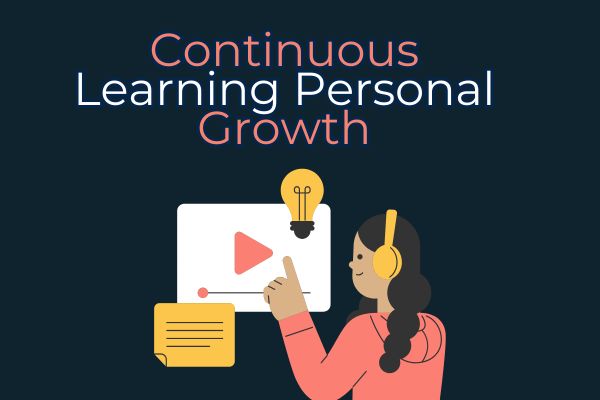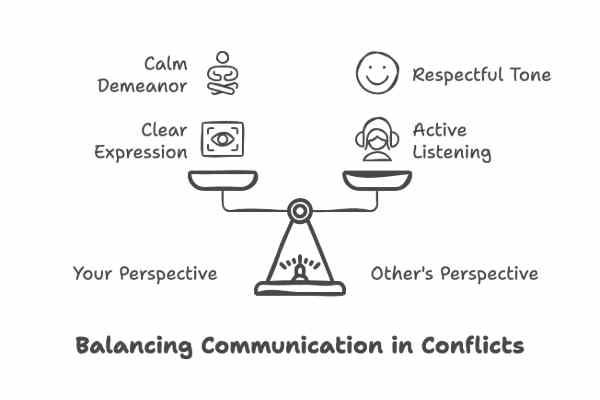In the midst of everyday life, it’s easy to get caught up in the rush of responsibilities and the challenges that seem to arise without warning. We often find ourselves overwhelmed by the demands of work, relationships, or personal goals, which can cloud our perspective and make it difficult to stay positive. However, there is a simple yet transformative practice that can help shift this mindset: gratitude journaling.
Gratitude journaling is more than just writing down things you’re thankful for; it’s a deliberate practice that rewires your brain to focus on the positive aspects of your life, no matter how small they may seem. By consistently engaging in this habit, you can create lasting changes in how you perceive the world around you, ultimately fostering a greater sense of peace and contentment.
The Science Behind Gratitude and Its Impact on the Brain
Before diving into how gratitude journaling can transform your mindset, let’s first explore why it works. The science behind gratitude is deeply rooted in neuroscience and psychology.
- Positive Neuroplasticity: Gratitude activates the brain’s reward system, specifically the ventral striatum, which releases dopamine—the “feel-good” neurotransmitter. By regularly practicing gratitude, you train your brain to focus more on positive aspects of life, making it easier to recognize the good things around you. Over time, this can rewire your brain, a concept known as positive neuroplasticity, which makes you naturally more inclined to notice the positive rather than the negative.
- Reduction of Stress and Anxiety: Numerous studies have shown that gratitude journaling reduces the levels of cortisol, the stress hormone. When you focus on what you have instead of what you lack, your brain enters a state of relaxation, which helps reduce anxiety and promotes mental well-being.
- Improved Sleep: Gratitude journaling has been shown to improve sleep quality. When you focus on positive experiences during the day, it helps calm your mind, making it easier to fall asleep and stay asleep. A study found that people who wrote down things they were thankful for before bed slept better and woke up feeling more refreshed.
How Gratitude Journaling Transforms Your Mindset
The real magic of gratitude journaling lies in how it helps shift your mental framework. When we experience a negative event, we often fixate on it, allowing our thoughts to spiral into worry, doubt, or even despair. However, gratitude journaling helps break this cycle by introducing a deliberate pause to reflect on the good things in life, creating space for positive thoughts to grow.
Here are several ways gratitude journaling can transform your mindset:
1. Reframing Negative Thoughts
One of the most significant impacts of gratitude journaling is its ability to reframe negative thoughts. For example, if you find yourself focusing on a stressful situation at work, you might feel overwhelmed by deadlines, meetings, or demanding colleagues. By practicing gratitude journaling, you can shift your focus away from these stressors and towards things you appreciate.
Example: Imagine you’ve had a rough day at work—your manager criticized your presentation, and a project fell behind schedule. Instead of dwelling on these negative aspects, you can write down, “I’m grateful for my supportive coworkers who helped me meet a tight deadline,” or “I appreciate that I have a job that challenges me to grow.” By doing so, you shift your focus from frustration to recognition of what went well.
This practice helps create a balanced perspective, where you acknowledge difficulties but don’t let them define your entire experience.
2. Building Emotional Resilience
Gratitude journaling helps you build emotional resilience. Life is full of ups and downs, and cultivating gratitude strengthens your ability to bounce back from adversity. When faced with setbacks, you’ll be more inclined to look for silver linings or ways to grow from the experience.
Example: Let’s say you’ve recently gone through a tough breakup. Rather than fixating solely on the loss, you could write in your journal, “I’m grateful for the lessons I learned in this relationship, such as how to communicate better,” or “I’m thankful for the time I had with this person, as it helped me understand what I truly need in a relationship.” This shift in perspective helps you process emotions more healthily and allows you to see challenges as opportunities for growth.
3. Fostering Optimism
Gratitude journaling naturally fosters a more optimistic outlook on life. By focusing on the positives, even in the face of adversity, you begin to retrain your brain to see opportunities instead of obstacles.
Example: If you are in a job search and facing rejection after rejection, it’s easy to get discouraged. But by practicing gratitude, you can write, “I’m grateful for the interview experiences that have helped me improve my resume and interview skills,” or “I’m thankful for my health and the support of my family during this time.” This reframing keeps you motivated and energized to continue pursuing your goals, even when things don’t seem to go your way.
4. Enhancing Self-Worth and Confidence
When you consistently practice gratitude, you start to recognize and appreciate your own strengths. Self-compassion grows as you acknowledge your efforts and accomplishments, no matter how small they may seem. This practice can significantly boost your self-worth and confidence.
Example: After completing a challenging task, instead of immediately moving on to the next item on your to-do list, take a moment to jot down, “I’m proud of myself for finishing this project under tight deadlines.” Doing this helps reinforce a sense of self-validation and motivates you to tackle the next challenge with renewed energy.
5. Deepening Relationships
Gratitude journaling can also have a profound impact on your relationships. When you actively express gratitude for the people in your life, whether it’s family, friends, or colleagues, you start to feel more connected to them. This practice helps you recognize the importance of the people around you and strengthens your emotional bonds.
Example: If you’re feeling disconnected from a friend or family member, writing a gratitude entry like, “I’m grateful for my sister’s constant support and the fun memories we’ve made together,” can deepen your appreciation for that relationship. Sharing your gratitude with others—whether through a note, a message, or in person—can also bring more warmth and understanding into your connections.
6. Enhancing Mental Well-being
A consistent gratitude practice can significantly enhance your overall mental well-being. By focusing on the positive aspects of your life, you train your mind to find joy and meaning in the everyday. This practice promotes happiness and contentment over time.
Example: If you’re struggling with negative self-talk, try writing down three things you’re thankful for about yourself each day. It could be something like, “I’m grateful for my ability to stay calm under pressure,” or “I appreciate my creativity and how it helps me solve problems.” Over time, you’ll start to notice a positive shift in how you view yourself and your abilities.
Tips for Getting the Most Out of Gratitude Journaling
To truly experience the transformative effects of gratitude journaling, it’s essential to approach the practice with intention and consistency. Here are some tips for maximizing its impact:
- Be Specific: Rather than writing general statements like “I’m grateful for my family,” get specific. For example, “I’m grateful for the phone call with my mom today, where we shared a laugh and connected emotionally.”
- Write Daily: Make gratitude journaling a daily habit. Whether you choose to do it in the morning to start your day on a positive note, or at night to reflect on what went well, consistency is key.
- Include the Small Things: Don’t overlook the small moments of gratitude. Things like a delicious cup of coffee in the morning, a beautiful sunset, or a kind gesture from a stranger can bring joy to your day.
- Write in Detail: Don’t just list what you’re grateful for—go into detail. Describe how it made you feel and why it matters to you. This helps deepen the emotional connection to the experience.
- Practice Gratitude for Challenges: It might be difficult, but try to find things you’re grateful for even in challenging situations. What lessons can you learn? How can this experience help you grow?
Conclusion
Gratitude journaling is a simple yet incredibly powerful practice that can lead to profound changes in your mindset. By consistently focusing on the positive aspects of life, reframing negative thoughts, building emotional resilience, fostering optimism, and deepening relationships, you can begin to shift your perspective and embrace a more joyful, fulfilling existence.
So, grab a notebook or start a digital journal today and begin writing down what you’re grateful for. Your mind—and your life—will thank you for it.






